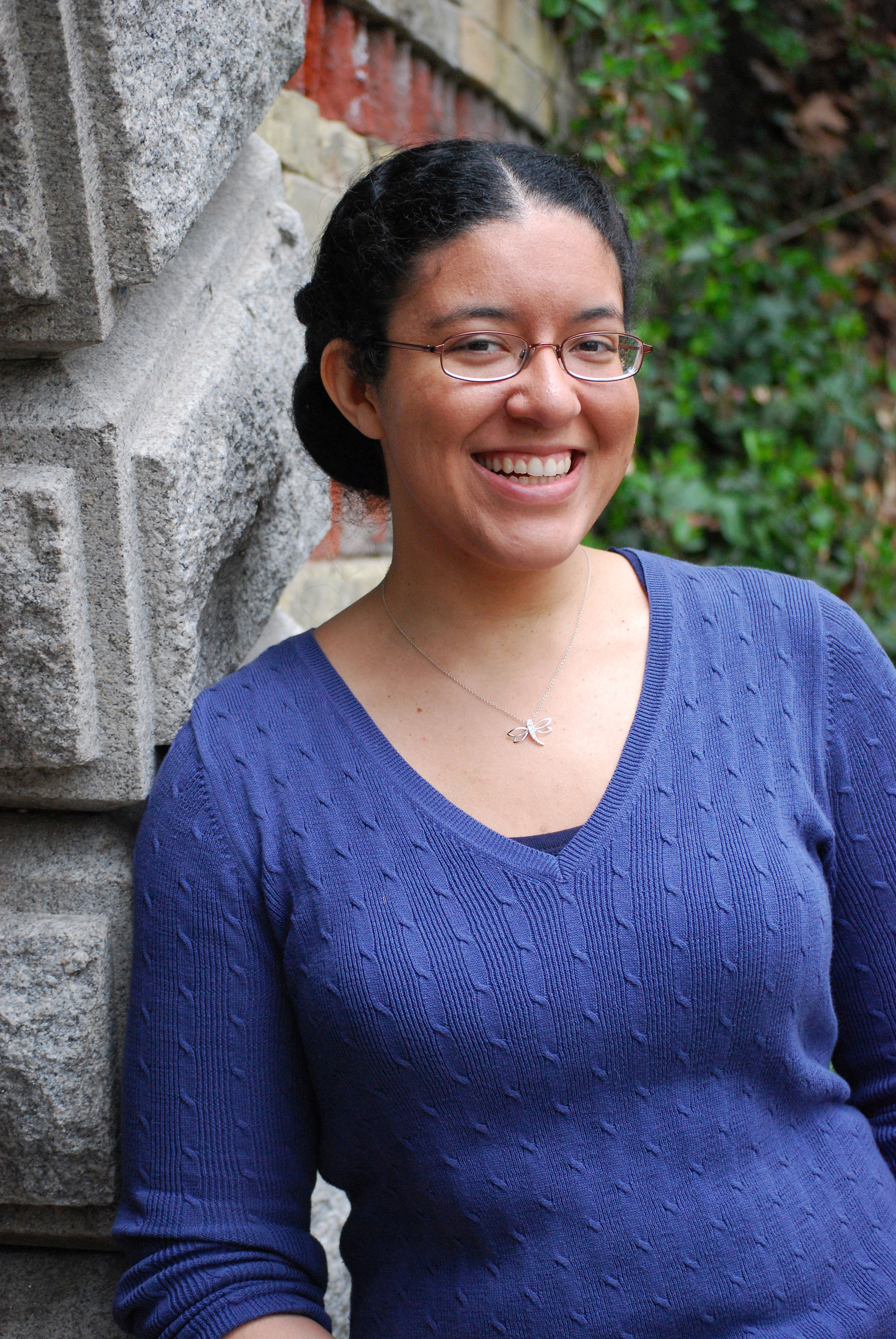Kekla Magoon is making a series of appearances in West Michigan this week to discuss “X: A Novel,” the book she co-wrote with Malcolm X’s daughter Ilyasah Shabazz.
The book was chosen by the Michigan Humanities Council as the 2017-2018 Great Michigan Read, a program that “aims to connect us as Michiganians by deepening our understanding of our state, our society and our humanity.”

“X: A Novel” is a young adult work that explores the early years of Civil Rights activist Malcolm X, including the time he spent in Lansing. Though Malcolm X wasn’t born in Lansing, his family moved to Michigan’s capital while he was still a baby and they remained there until he was 14. Magoon said several incidents occurred during that time that likely impacted Malcolm X later in his life and helped him grow into the impactful leader he became.
Magoon is herself a former Michigan resident, having spent her childhood in the state as well as Indiana. GR|Mag talked with Magoon about “X: A Novel” and how it can help teenagers today who are struggling and unsure about the future.
GR|Mag: How did you get involved as a co-author on X: A Novel?
Kekla Magoon: I’ve previously written several novels for children and young adults that dealt with the Civil Rights era. My first novel, “The Rock and The River,” is about a boy in 1968 Chicago whose father is a Civil Rights activist and then his older brother joins the Black Panther Party. So the main character is caught between the two sides of the movement and trying to find his place. It won an American Library Association Award and was an NAACP Image Award nominee.
Ilyasah became aware of my work because of that book and it’s companion book “Fire in the Streets.” She was looking for a young adult author to collaborate on this project and selected me because I’d already done some writing . . . telling the story of the Civil Rights movement in a way that hadn’t been done before.
GR|Mag: Why do you think it’s important to bring Malcolm X’s story to young readers in this way?
KM: There is a lot that’s already been written about him, his own autobiography, written with Alex Haley, and any number of biographies, including a few for teenagers. The difference with what Ilyasah wanted to do with this book is to tell his story as a teenager and focus on those years of his life without the sense of hindsight.
The experience he had as a teenager was of someone who is lost, scared and trying to find his way in the world. Eventually he figured it out and came to the roots of activism.
That journey and process of struggling through the racism of the 1940s when he was young and struggling through the oppression his family faced, all of those struggles mirror a lot of struggles teenagers today are facing around the country. To see someone who became a great leader portrayed as someone lost and confused, just like they are, might give a little bit of hope for what they can do in the future. We don’t know what’s possible. Malcolm, when he was 14 or 15, didn’t know that he would go on to be a famous leader and speaker.
GR|Mag: How influential do you think his years in Lansing were?
KM: I think it’s very influential. His parents were Civil Rights activists in this area. His father was killed most likely by the Black Legion, which was the Klan group there at the time. His family’s house was burnt down when he was a child because they’d purchased property in an area that is predominately white. His parents were denied opportunities as a result of the prejudice in play.
In his formative years, the experience of the oppression, racism, prejudice and economic disparity, all the things he goes on to critique and discuss with great wisdom as an adult, he experienced those things and lived through them in a way that allowed him to gain a strong perspective on what was needed and what was really going on.
GR:Mag: What do you think might surprise people or what was most interesting to you in learning about Malcolm X’s early years?
KM: Part of the reason Ilyasah wanted to tell this story is that people sometimes misrepresent his childhood as he came from a troubled past, when, in reality, he was very grounded in African American history, world history and in activism. His parents were activists in the 1920s and that led to both of their deaths, ultimately. The fact that he had that grounding in activism that helped him form his ideologies later on is not normally talked about.
Normally, it’s that he grew up in a troubled family and made bad choices and then went to prison and turned his life around and became this great leader. It is a radical over simplification of his young life and it also erases the work his parents were doing and makes it appear that he came out of a vacuum and he didn’t.
GR|Mag: What do you think Malcolm X’s story can bring to readers today and particularly in the present political and cultural landscape?
KM: His words are still, unfortunately, very relevant to what is going on in the United States right now. Reading his speeches from the mid-1960s when he talks about the systemic nature of racism, he was really one of the first people to talk about the systemic nature of racism and how much work had to be done to actually create equality. It was not just prejudice or segregation or changing laws on the books.
We are a country that is built on this fundamental inequality, so the work to undo that structure is immense and is going to take a long time. During his lifetime, he was perceived as pessimistic and that he was blowing things out of proportion, because he talked about how systemic racism was connected to economics and industry and how every system and structure we have in the United States is built on inequality and many of those inequalities are built on race. The way he talked about that at that time is still true. Certainly we’ve made progress in certain areas, but there is an underlying systemic inequality we haven’t figured out how to overturn.
We are often teaching kids about the Civil Rights era in a very simplified way, and what Malcolm did was inject a lot of complexity into the conversation about race, bias, violence and everything else going on and that is still very relevant.
GR|Mag: Though it was written for young readers, I know the book was chosen with the intention of appealing to adult readers as well. What can adults gain from reading this book?
KM: Malcolm X is an interesting person, so reading about his young life is fascinating for readers of any age. Looking at his life through a slightly different lens helps remind people that we don’t know everything about what happened in history. And a lot of adults didn’t learn about him in school. They don’t know that history so it’s a way of introducing adults to a history they might not be aware of either.
Magoon will speak and sign books at Hackley Public Library, Westshore Community College, Loutit District Library and Davenport University, Oct. 10 – 12. For times and addresses, visit Michigan Humanities Council.
*Photos courtesy of Candlewick Press
**This interview has been condensed and edited








Facebook Comments